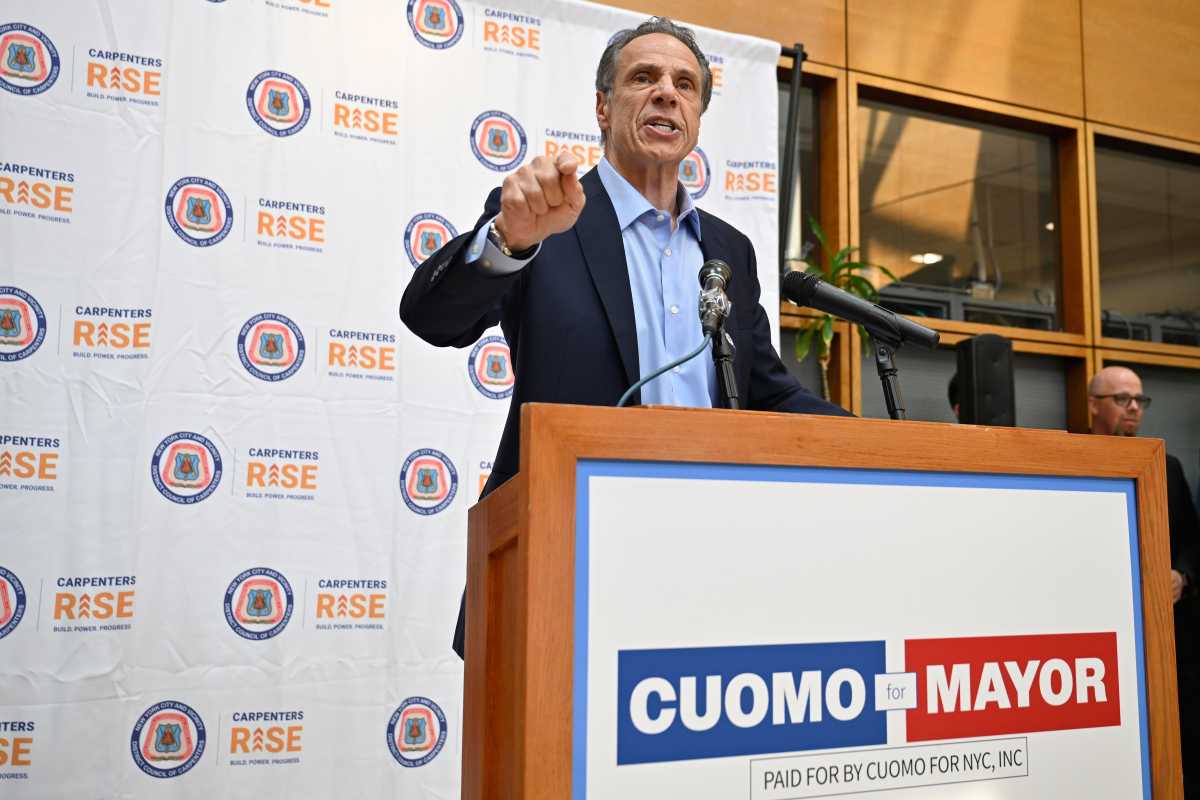Tear yourself away from your smartphone, iPod, and Google Glass on Tuesday to celebrate the most ambitious revolution of our time and remember how it all began, 45 years ago.
The internet was just a pipe dream on Sept. 2, 1969, when lab workers at the University of California watched in awe as test information passed between a pair of computers through a 15-foot cable — a deciding moment that would torpedo us into the kingdom of science fiction and change our lives forever.
Today we can video-chat with people across the world, store the Declaration of Independence on a chip the size of a blood cell, and perform surgery using robots. We can ply smart bombs to precision-target terrorists, wield artificial muscles made of fishing lines to lift 100 times more weight than humanely possible, and print food on a 3-D printer. The future looms as fantastically. Bionic eyes are peering around the corner, and mind over matter is a matter of time as scientists harness human brainwaves to unleash the power of telekinesis.
The amazing advances are the sum of our thoughts, theories, and innovations throughout our existence, but some key figures deserve special mention. The inventions of American scientists Leonard Kleinrock, J.C.R. Licklider, and Robert Taylor broke ground on the internet in the early 1960s. Then in 1989 British techie Tim Berners-Lee handed his boss a game plan for a new data management system he claimed would deliver information from across the globe to our fingertips within seconds. He called it the World Wide Web.
“Vague, but exciting,” his employer scribbled on the proposal that would alter how we live, communicate, even love.
Our technological gains have come at a tremendous price. The internet has exposed us to scammers, sex fiends, and killers, while advertisers have become cyber stalkers — a raw nerve with its founding fathers.
“I want to know if I look up a whole lot of books about some form of cancer that that’s not going to get to my insurance company and I’m going to find my insurance premium is going to go up by five percent because they’ve figured I’m looking at those books,” Berners-Lee said in 2008.
The internet has desensitized us to the extraordinary, made our private lives hugely public, and become an indelible message board for our worst behaviors, redefining our attitudes towards ourselves and others.
“I think that we’ll end up having to think about privacy from a different point of view,” Berners-Lee claimed at a 2010 conference.
There are no U-turns on the electronic highway, a point worth remembering on Tuesday as we celebrate the revolution of our age — likely with a selfie.
Follow me on Twitter @BritShavana
























